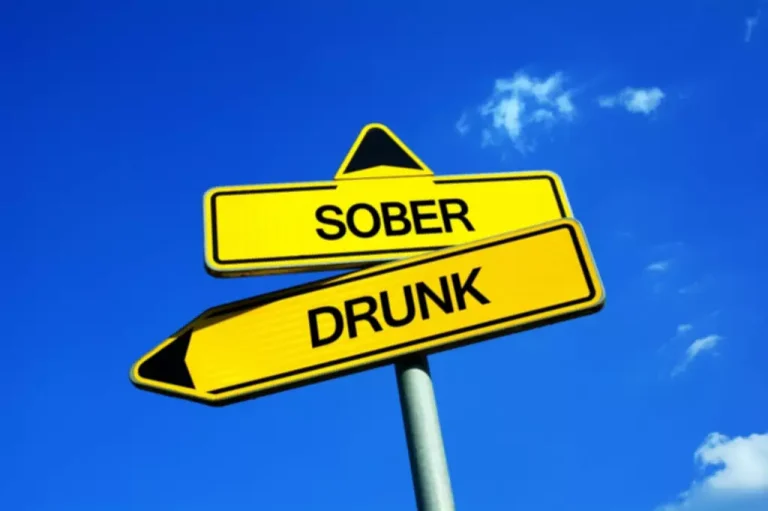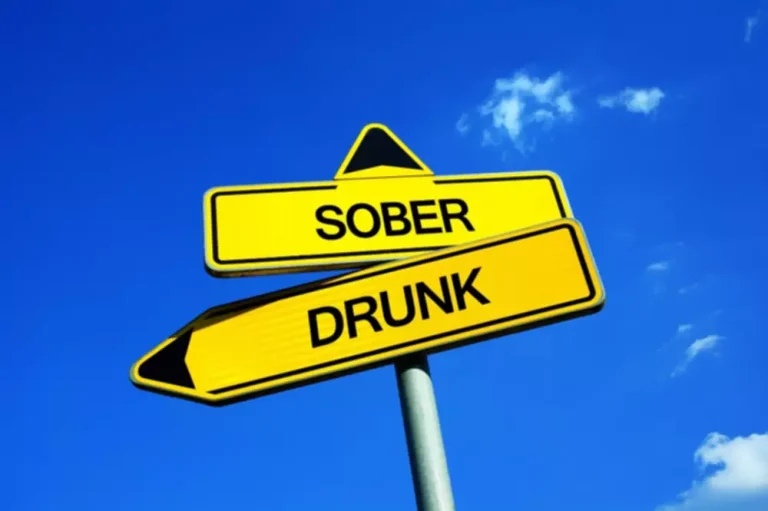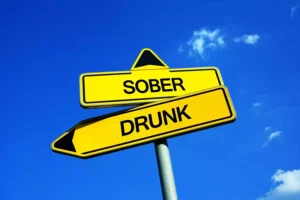
People with AUD may be unable to quit drinking alcohol on their own or have attempted to quit before and relapsed. As many as 71% of people who go through alcohol detox experience symptoms of alcohol withdrawal. Alcohol withdrawal can range from uncomfortable to life-threatening, so anyone considering stopping alcohol should speak with a medical professional to determine which method is best for them. The first step in tapering off alcohol is to consult a healthcare provider or addiction specialist. They can assess your drinking patterns, evaluate the severity of your dependence, and recommend a personalized tapering schedule tailored to your specific needs. The kindling effect is an aspect of alcohol withdrawal that makes repeated attempts at withdrawal less safe.
Severe symptoms of alcohol withdrawal
While the despair that addicts experience can indeed drive them to make firm promises to themselves, it is hard for people to remain steadfast and resolved once withdrawal symptoms begin. Alcohol detox medications can make the process safer and more comfortable. They can also ensure your alcohol detox is successful by making it nigh impossible to relapse if symptoms get difficult. Additionally, the post-detox treatment resources available at a professional treatment center can ease the transition to sober living and give you the tools you need alcoholism to stay sober long-term. Substituting a prescription drug for alcohol should only happen with the help of a medical professional. No one should ever attempt a substitution taper with prescription medication unless their doctor specifically prescribed it for that purpose in a medical detox program.

Tapering Off Alcohol with the Use of Medications
- Learn which signs to look out for, and how to care for your well-being.
- If a person abruptly stops drinking alcohol within 6 to 8 hours they will experience hyperactivity, anxiety, tremors, sweating, nausea, and confusion.
- After three days of alcohol cessation these symptoms of alcohol withdrawal usually begin to subside and are replaced by psychological symptoms such as anxiety, depression, fatigue and insomnia.
- You can also get help by reaching out to a professional rehab facility directly, like The Recovery Village.
Withdrawal symptoms often begin about six hours after your last drink and can last for roughly a week, with acute symptoms peaking around the two- to three-day mark. A doctor can supervise your tapering progress, helping you manage your cravings and prevent relapse. Overall, getting professional help can improve your chances for long-term sobriety. BetterHelp can connect you to an addiction and mental health counselor.
Is It Safe To Quit Alcohol Abruptly?
- If you properly taper your alcohol use, you’re less likely to experience alcohol withdrawal symptoms.
- Stay in tune with your mental health and seek professional support if needed.
- Alcohol withdrawal will last about a week to a week and a half for most people, with symptoms peaking two to three days into withdrawal.
- Severe symptoms, though rare with tapering, may include hallucinations and seizures, which require medical attention.
These can include improved liver function, better sleep quality, enhanced cognitive function, and a lower risk of developing alcohol-related diseases. As your body detoxifies and heals, you may experience increased energy levels and overall well-being. This is why it’s always best to find some form of long-term support in sobriety. Support groups, from Alcoholics Anonymous to SMART Recovery, are one free way to find a community of people on the same journey. There are also a number of anti-craving medications to help you avoid drinking again, or even help with your tapering process.

Coping with Withdrawal Symptoms
As mentioned above, we strongly recommend speaking with a doctor to ensure your plan is a safe one, and won’t cause dangerous withdrawal symptoms. If you are a frequent drinker determined to reduce or stop your alcohol intake, the safest way to do this at home is through a gradual tapering process. Attempting to quit all at once can lead to severe symptoms that can be difficult to manage safely outside of a detox setting. If you try tapering off alcohol and find that you are struggling with withdrawal and relapse, it is a good idea how to taper off alcohol to seek the assistance of a professional medical alcohol detox facility. The most recommended form of alcohol to use in tapering is beer due to its lower alcohol content. Consumption should be minimal; just enough to prevent withdrawal symptoms and gradually reducing the amount until you are no longer using alcohol.

Neueste Kommentare